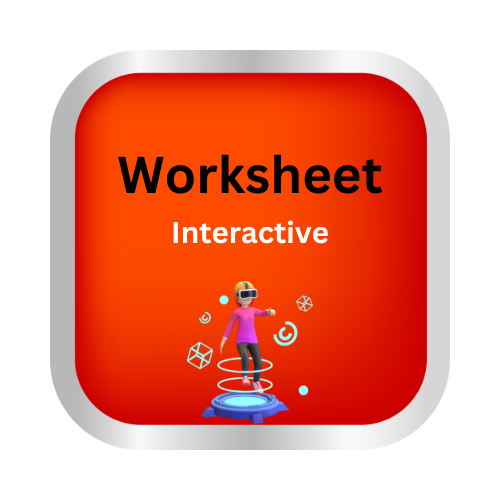Use thesaurus entries
Key Notes :
| What is a Thesaurus? |
A thesaurus is a reference book (or online tool) that lists words grouped together according to similarity of meaning (in other words, synonyms) and sometimes also antonyms (words with the opposite meaning). Think of it as a word explorer’s toolkit!
Unlike a dictionary, which tells you what a word means, a thesaurus helps you find different words to express the same meaning, or the opposite meaning.
| Understanding Thesaurus Entries |
Thesaurus entries are usually organized alphabetically. Each entry focuses on a single word (the headword) and lists synonyms, and sometimes antonyms, for that word.
Key features of a thesaurus entry:
- Headword: The word you looked up.
- Synonyms: Words with similar meanings to the headword.
- Antonyms: Words with opposite meanings to the headword (often marked clearly).
- Usage Examples/Context: Some thesauruses provide example sentences to show how a synonym can be used. This is SUPER helpful!
| Example: Headword: Happy | Entry: Happy: Synonyms: joyful, cheerful, delighted, glad, pleased, content. Antonyms: sad, unhappy, miserable, depressed. Notice how each synonym offers a slightly different shade of meaning! Joyful is more intense than content, for example. |
| How to Use a Thesaurus |
- Identify Your Headword: Determine the word you want to find synonyms or antonyms for.
- Look it Up: Find the word in the thesaurus (either a physical book or online).
- Examine the Entry: Read the entry carefully. Pay attention to the synonyms and antonyms provided.
- Consider Context: Choose the synonym or antonym that best fits the meaning of your sentence. Don’t just pick the first word you see!
- Check if Necessary: If you’re unsure about a word’s meaning, look it up in a dictionary!
| Why Are Thesauruses Important? |
Using a thesaurus can:
- Improve your vocabulary: You’ll learn new words and expand your word knowledge.
- Make your writing more interesting: Avoid repeating the same words over and over.
- Help you express yourself more precisely: Find the word that exactly captures your meaning.
- Show sophistication in your writing.
| Practice Time! |
Exercise 1: Synonyms
Find synonyms for the following words using a thesaurus:
- Big
- Good
- Fast
Exercise 2: Antonyms
Find antonyms for the following words using a thesaurus:
- Happy
- Loud
- Easy
Exercise 3: Sentence Replacement
Rewrite the following sentences, replacing the underlined word with a synonym from a thesaurus:
- The movie was very funny.
- She wore a beautiful dress.
- The dog ran quickly across the yard.
| Summary |
In this lesson, we’ve covered the basics of using a thesaurus. You’ve learned what a thesaurus is, how to find synonyms and antonyms, and why using a thesaurus is an important skill for improving your vocabulary and writing. With practice, you’ll become a word expert in no time!
Let’s practice!

